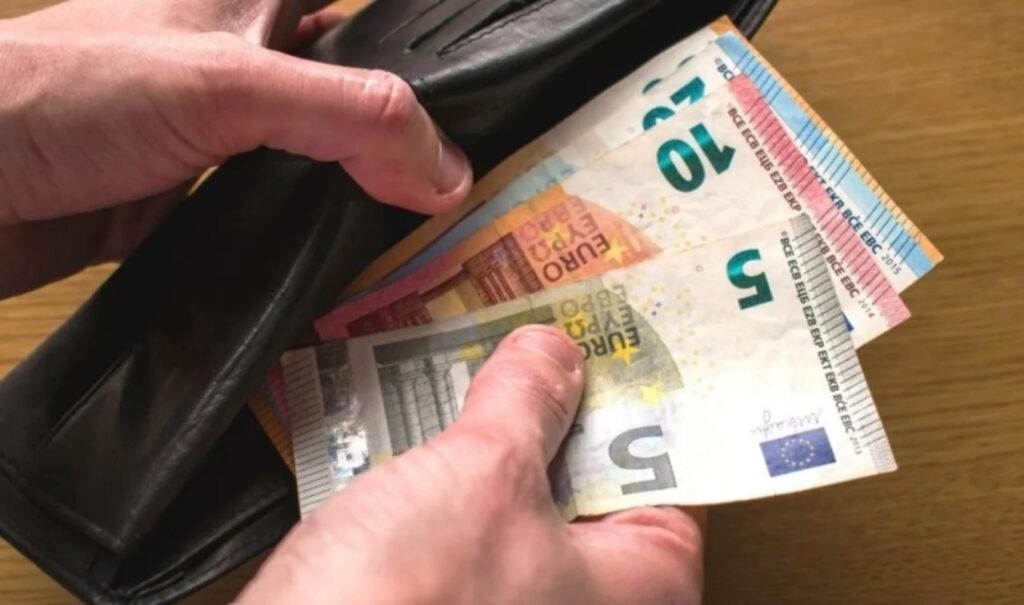The European Central Bank (ECB) is urging households to be prepared for crises and calling on citizens to keep cash at home as a “precautionary measure“. According to a CNN report, this recommendation was prompted by a recent study that examined four major events in Europe, from the pandemic to Russia’s invasion of Ukraine, which showed that demand for banknotes increases significantly whenever disruption occurs.
ECB “alarm bell” for cash reserves
The research, titled “Keep calm and keep cash,” emphasizes that physical money serves not only as a reliable payment method when digital systems fail, but also provides “psychological security“ for households. As the researchers note: “Cash functions as a backup for the payment system that no technology can fully replace.”
Which countries have issued official guidelines
It’s worth noting that several European countries have already issued official guidelines. In Netherlands, Austria, and Finland, it’s recommended to keep approximately 70 to 100 euros per person at home, an amount covering basic needs for 72 hours. In Sweden, citizens are encouraged to have cash sufficient for at least one week, in small denominations to facilitate transactions.
Recent crises as examples
The ECB recalls examples of recent crises that demonstrated the importance of cash. From power outages in Spain and Portugal that disabled payment terminals, to mass cash hoarding during the Covid-19 pandemic.
Guidelines for food and water too
Meanwhile, the European Commission has issued guidance asking member states to ensure citizens have food, water and basic goods for at least 72 hours. Sweden and Finland have even published detailed survival guides for cases of war, natural disasters, or power outages. The experts’ message is clear: in a world of uncertainty, keeping cash at home is not an outdated habit, but an essential tool for preparing for the unexpected.




